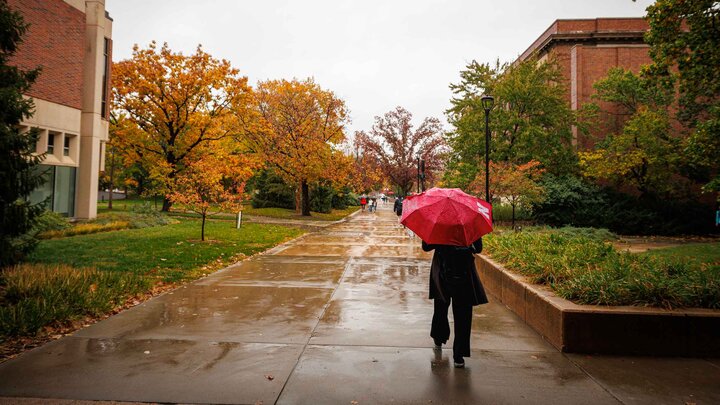Faculty Affairs in the Office of the Executive Vice Chancellor offers this series of one-page TipSheets and longer Faculty Resources to disseminate helpful tips for teaching, service, and managing work-life balance. Have an idea for a TipSheet topic? Email your suggestion to facultyaffairs@unl.edu.
TipSheet Categories
Mental Health Resources
Tips for supporting colleagues and students, recovering from adversity, thriving and surviving during challenging times, and more.
Communication Resources
Tips on how to facilitate engaging meetings, civil discourse, difficult conversations, and more.
Professional Resources
Tips for recruiting faculty, negotiating, leading with compassion, and more.
Classroom Resources
Tips on academic misconduct, integrity, and more.




